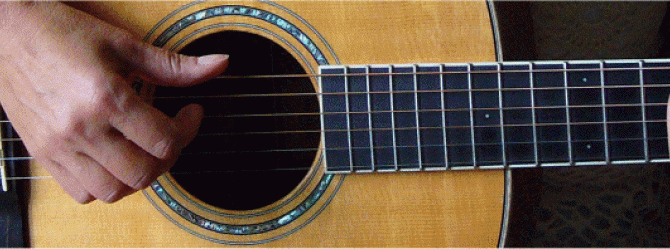There are so many bad things happening in the world these days that a lot of news stories end up even lower on the radar than usual.
It certainly didn’t receive anywhere near the attention that Will Smith’s incident with Chris Rock did, but did you know that last year, Canadian songwriters made an average of only $67.14? Talk about a slap in the face.
Ever since music ventured into the digital realm, more and more people have been using streaming services to create their playlists. And many find ways to create digital copies of songs so they don’t have to purchase them.
But, of course, it didn’t start with the internet.
When cassette tapes were the big thing, we would record songs off the radio or make copies of our albums to play in our cars. And with the advent of recordable CD’s and the internet, we found a way to download and record songs that we wanted copies of.
With everybody streaming music these days, I decided to research how much a songwriter actually makes from streaming their songs. It turns out that they get, on average, about $0.005 per stream. That means their song would have to be streamed 200 times just to make one dollar.
One dollar. For 200 streams.
Spotify is reported to have about 406 million subscribers. About half of those pay $10 a month for the service while the “free” service includes ads.
That means Spotify rakes in about $2 billion a month just from subscribers. Never mind the ad revenue. Where does all that money go?
If you’re a Rihanna or a Justin Bieber, you’re not too worried about money. But if you’re a songwriter trying to make some kind of living from your work, well, don’t give up your day job.
Don’t get me wrong: it has always been a challenge making a living as a performing songwriter. Never mind how COVID has impacted live performances in the last couple of years.
But when I was doing that back in the 90’s, at least I could sell a CD or two.
I can’t tell you how many times I was told that not getting paid for a gig was okay because it would be great “exposure”.
Sometimes I was lucky and they would pass a hat during my performance.
On one occasion, I was asked to play right after a poetry reading night at a coffeehouse in Burnaby. They were going to pass the hat that night, and they did so during the poetry readings.
When the poetry was done, the poets and the patrons left and took the “hat” with them. I was left with empty pockets and one person to play to for an hour. She sat on the couch politely listening, probably too embarrassed to walk out and leave me all alone.
If you got your song on the radio back then, which I did a few times, you were at least fairly compensated. And if you were really lucky and the song caught on, you were on your way.
When the internet became a thing, I remember thinking that this would be a great way to reach so many more people without having to go on the road.
I was partially right.
In fact, in the very beginning, I got a couple of my songs on one of the first digital music platforms, mp3.com. A lot of businesses played mp3.com stations, and if your song got into rotation on one of those, you were doing well. I made some real money from that.
According to Wikipedia, “At its peak, MP3.com delivered over 4 million MP3 formatted audio files per day to over 800,000 unique users on a customer base of 25 million registered users.”
It was a great venue for independent artists to not only get that “exposure”, but make a little money at it too. And then everything changed, mp3.com was sold, and it morphed into something else.
Big digital companies caught on to mp3.com’s success, and now here we are with streaming services that, once again, have no respect for content creators.
SOCAN, the Society for Composers, Authors and Music Publishers of Canada, is trying to do something about this by pushing for Bill C-11, the Online Streaming Act.
But I really think more needs to be done to force digital streaming services to pay actual money for the content they use to make their fortunes.
Now THAT would be music to my ears.

